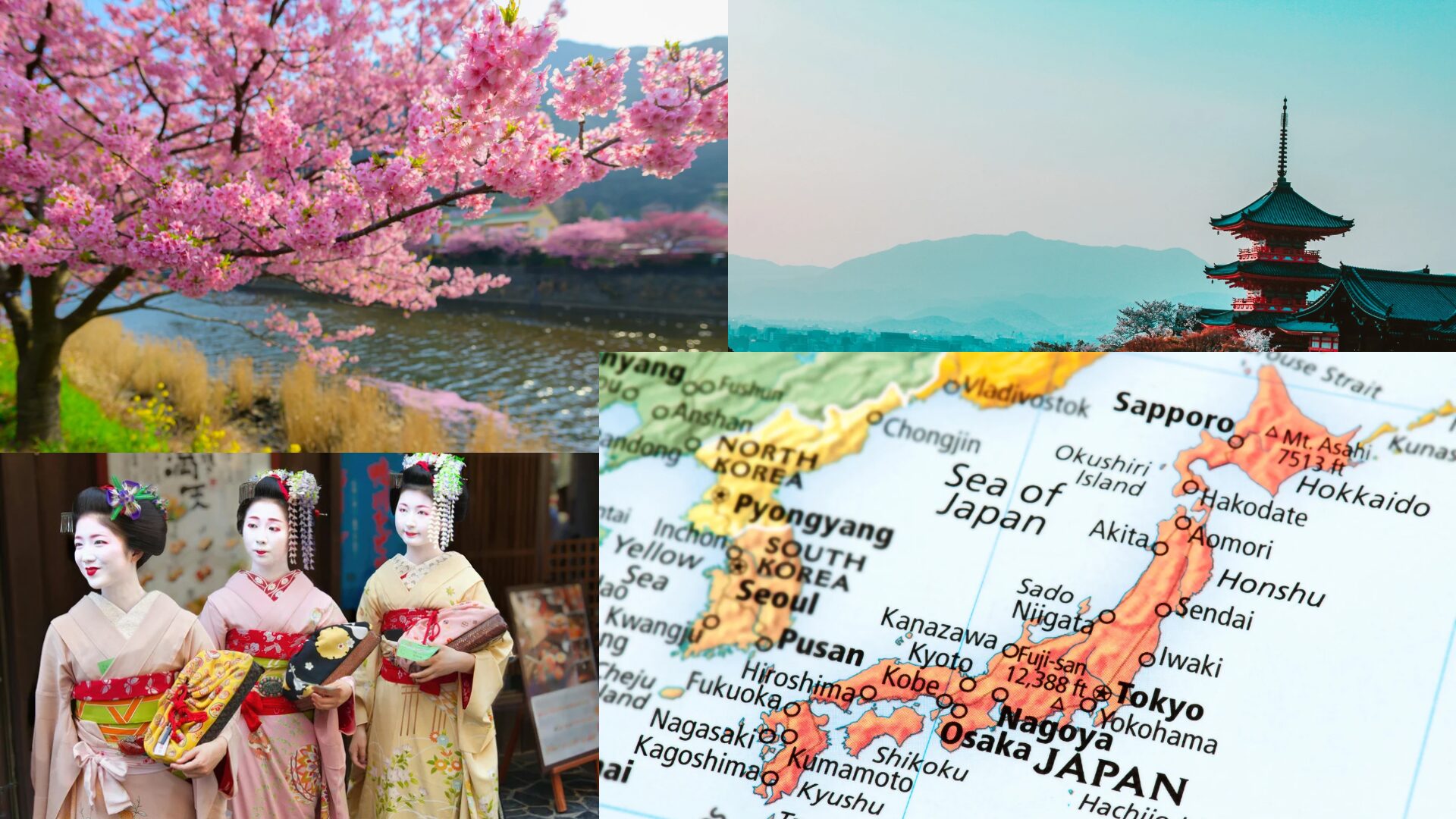The Mystery of Japanese Education
I’ve been a teacher for nearly 20 years.
There are several reasons why I decided to become a teacher.
One is that teaching is a stable profession in Japan.
Public schools, in particular, don’t go bankrupt.
Many Japanese companies are very unstable, and many small and medium-sized businesses go bankrupt.
The second reason is that education is very important for character development.
However, I’ve always felt that there is something strange about Japanese education.
First of all, it’s because it’s collectivist and doesn’t value the individual.
Japanese society highly values ”reading the air.”
I think this trend is completely incomprehensible to foreigners.
At school, we are taught from a young age to read the air around us, which restricts our individual actions and thoughts.
Reading the air means reading the surrounding situation and the reactions of those around us and acting and speaking appropriately.
Furthermore, Japanese society tends to avoid speaking directly.
Many Japanese people avoid certainty and prefer to stay in a gray area, or use ambiguous expressions.
I’ve realized this since I started traveling abroad.
For example, English and Japanese expressions are complete opposites, so overseas it’s natural to first communicate your intentions.
However, in Japan, people often first read the situation and atmosphere around them and then choose their words accordingly.
For this reason, many foreigners say that they can’t understand what Japanese people are thinking.
I think the Japanese tendency to read the atmosphere is largely due to the education system in Japanese schools.
Furthermore, Japanese culture values virtues such as “modesty” and “humility,” so I think it can be difficult to get foreigners to understand it.


